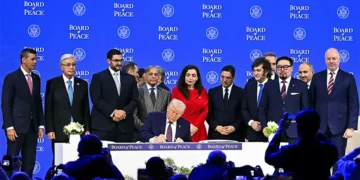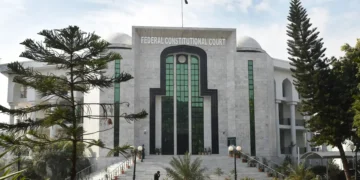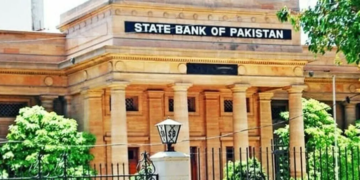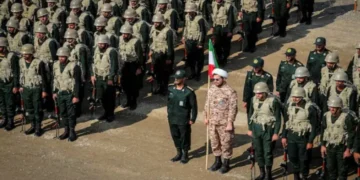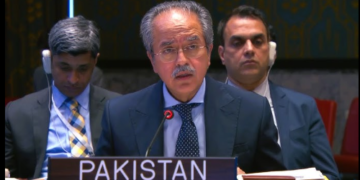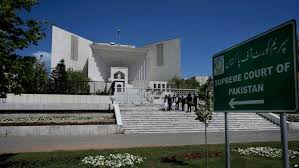ISLAMABAD (MNN); Four judges of the Islamabad High Court have prepared a petition to challenge the recently introduced 27th Constitutional Amendment, opting to invoke the Supreme Court’s original jurisdiction under Article 184(3).
The draft petition, signed by Justices Mohsin Akhtar Kayani, Babar Sattar, Sardar Ejaz Ishaq Khan and Saman Rifat Imtiaz, has been forwarded to the Supreme Court but has not yet been formally filed.
According to sources, the Supreme Court registry did not entertain the submission because Article 184(3), previously the court’s inherent power to enforce fundamental rights, has been removed from the Constitution. Officials also said the judges did not personally visit the court to submit the petition or complete biometric verification.
The judges’ move follows months of internal concerns about what they describe as a gradual but systematic erosion of judicial independence, beginning with the 26th Amendment and intensifying under the 27th.
In their petition, the judges argue that the new amendment violates Articles 9, 10A and 25 of the Constitution by undermining due process, fair trial guarantees and equal protection. They contend that the amendment disrupts the separation of powers and alters the terms of service of sitting judges in an unconstitutional manner.
A major focus of the petition is the newly established Federal Constitutional Court (FCC), which has been granted exclusive jurisdiction over constitutional matters.
The petition states that the FCC chief justice’s appointment — made solely on the prime minister’s advice without judicial consultation — contradicts principles established in landmark verdicts such as Al-Jehad Trust and Sharaf Faridi.
The judges also challenge the appointment process of the FCC’s first batch of judges, claiming the selections were predetermined and effectively chosen by the executive even before the amendment came into force.
The petition cautions that the FCC’s structure — binding all other courts while being free from its own precedents — creates a parallel judicial system with no equivalent in common-law traditions.
It further warns that the FCC’s unrestricted authority to withdraw cases from high courts risks placing constitutional interpretation under executive influence.
Additionally, the judges question the revised composition of the Judicial Commission of Pakistan and the Supreme Judicial Council, arguing that both bodies now include a majority of non-judicial members or judges appointed under the contested system. They say this transforms merit-based appointments into a politically driven process.
According to officials, the Supreme Court registry conveyed that the matter may fall outside the court’s jurisdiction since it pertains to a constitutional amendment. They advised that it may require examination through procedures specific to constitutional challenges.
However, the petitioner judges maintain that only the Supreme Court, not the newly formed FCC, can determine the amendment’s legality, as the FCC’s existence depends entirely on the amendment itself.
They argue that a judicial forum created by a disputed amendment cannot adjudicate on its own legitimacy, and the Supreme Court’s role as the ultimate interpreter of the Constitution remains intact.







